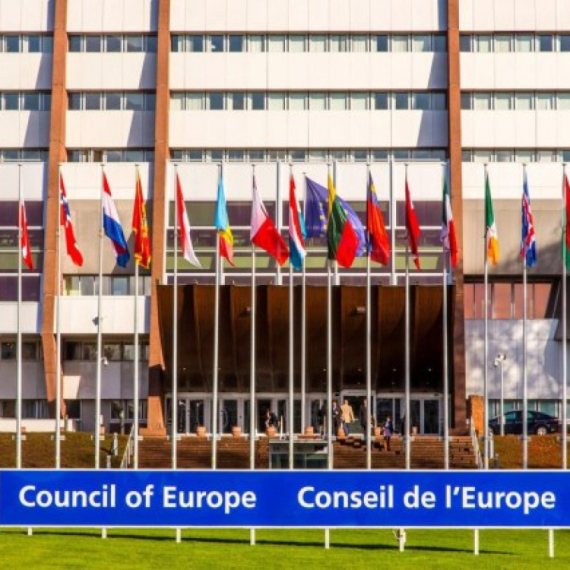Extradition agreements common interest
Serbian Deputy Prime Minister Ivica Dačić stated on Saturday that it is in the common interest of all regional countries to sign extradition agreements.
Sunday, 19.09.2010.
10:05

Serbian Deputy Prime Minister Ivica Dacic stated on Saturday that it is in the common interest of all regional countries to sign extradition agreements. These would ensure extradition of the persons suspected of severe criminal acts and issuance of joint arrest warrants. Extradition agreements common interest After the talks with his Macedonian colleague Gordana Jankuloska in Skopje, Dacic pointed out that, after the disintegration of the Socialist Federal Republic of Yugoslavia (SFRJ), a large number of persons involved in criminal activities had passports of several states and various places of residence, which disables the police work. He said that the aggravating circumstance is the fact that the constitutions of many states forbid extraditions of their citizens wanted by other countries for committed criminal acts. That is why we should aim at signing extradition agreements, Dacic said, reiterating that Serbia has recently signed such an agreement with Croatia. The minister underscored that the representatives of the justice ministries are engaged on these issues, stressing that the talks between Serbia and Montenegro on mutual extraditions are currently underway. He also pointed out that, in the joint fight against organized crime, it is important to issue joint arrest warrants that would be valid on the territories of the states which choose to engage in this type of cooperation.
Extradition agreements common interest
After the talks with his Macedonian colleague Gordana Jankuloska in Skopje, Dačić pointed out that, after the disintegration of the Socialist Federal Republic of Yugoslavia (SFRJ), a large number of persons involved in criminal activities had passports of several states and various places of residence, which disables the police work.He said that the aggravating circumstance is the fact that the constitutions of many states forbid extraditions of their citizens wanted by other countries for committed criminal acts.
That is why we should aim at signing extradition agreements, Dačić said, reiterating that Serbia has recently signed such an agreement with Croatia.
The minister underscored that the representatives of the justice ministries are engaged on these issues, stressing that the talks between Serbia and Montenegro on mutual extraditions are currently underway.
He also pointed out that, in the joint fight against organized crime, it is important to issue joint arrest warrants that would be valid on the territories of the states which choose to engage in this type of cooperation.
























































Komentari 0